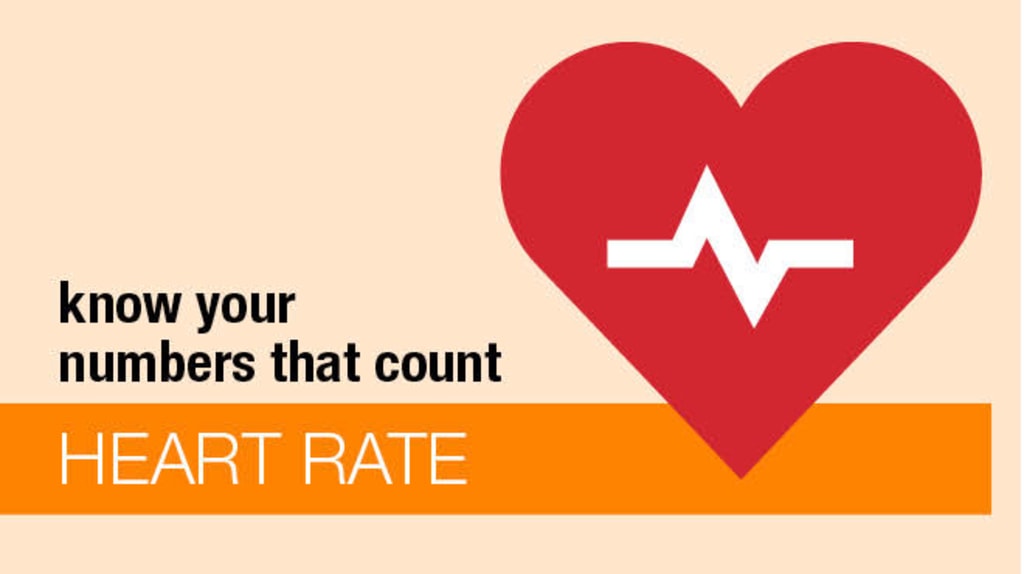What your heart rate says about your health
Understanding How Your Heart Rate Can Help You Maintain Optimal Health

The heart rate is one of the most important indicators of overall health and well-being. It can be used to detect a variety of conditions, from cardiovascular disease to thyroid or hormonal imbalances. Although your heart rate can vary depending on external factors such as exercise, stress, and diet, understanding what it says about your health can help you make decisions about your lifestyle.
What is the Heart Rate?
The heart rate is the number of times the heart beats per minute. It is also known as the pulse rate. The heart rate is typically measured by feeling the pulse, typically at the wrist or neck, or by using a heart rate monitor. The average resting heart rate for an adult is between 60 and 100 beats per minute.
The heart rate can be affected by several factors. Exercise, stress, hormones, and medications can all affect the heart rate. Stress can cause the heart rate to increase, while exercising can cause the heart rate to decrease. Hormonal changes, such as those that occur during pregnancy, can also cause the heart rate to change. Certain medications, such as beta-blockers and calcium channel blockers, can also affect the heart rate.The human heart beats about 70–80 times per minute in an adult. person. This is called heart rate.
What Does Your Heart Rate Say About Your Health?
Your heart rate can be an important indicator of your overall health. A consistently low heart rate can be an indication of an underlying heart condition or an imbalance in hormones. Conversely, a consistently high heart rate can indicate that you are at a higher risk for developing heart disease. It is important to monitor your heart rate regularly, as it can provide insight into your overall health.
A low heart rate, typically below 60 beats per minute, can be caused by a variety of conditions. It can be an indication of an underlying heart condition, such as bradycardia or an arrhythmia. It can also be caused by an imbalance in hormones, such as hypothyroidism or low testosterone. In some cases, a low heart rate can be caused by certain medications.
A high heart rate, typically above 100 beats per minute, can be an indication of an underlying heart condition, such as tachycardia or an arrhythmia. It can also be caused by an imbalance in hormones, such as hyperthyroidism or high testosterone. In some cases, a high heart rate can be caused by certain medications.
In addition to the resting heart rate, your heart rate can also be a good indicator of your overall fitness level. When you exercise, your heart rate increases. The higher your peak heart rate, the more fit you are. It is important to monitor your peak heart rate to ensure that you are not over-exerting yourself during exercise.
Heart Rate Variability
Your heart rate variability is another important indicator of your overall health. Heart rate variability is the difference between the highest and lowest heart rate recorded in a given period of time. A healthy heart rate variability indicates a healthy cardiovascular system. A low heart rate variability can indicate an underlying heart condition or an imbalance in hormones.
Conclusion
Your heart rate is an important indicator of your overall health. A consistently low or high heart rate can be an indication of an underlying heart condition or an imbalance in hormones. It is important to monitor your heart rate regularly and to be aware of any changes that occur. In addition, your heart rate variability can provide insight into your overall cardiovascular health. Knowing what your heart rate says about your health can help you make decisions about your lifestyle.





Comments
There are no comments for this story
Be the first to respond and start the conversation.